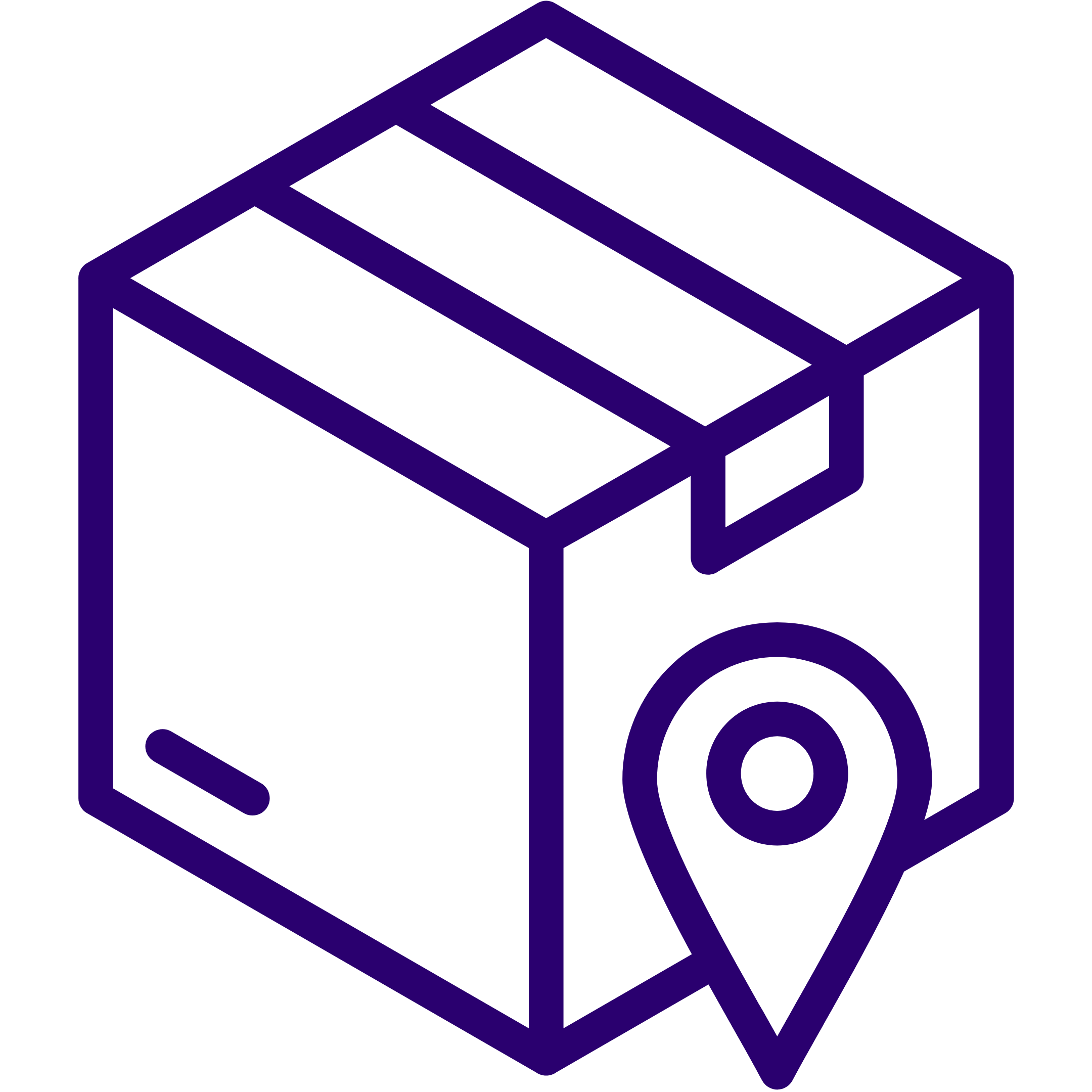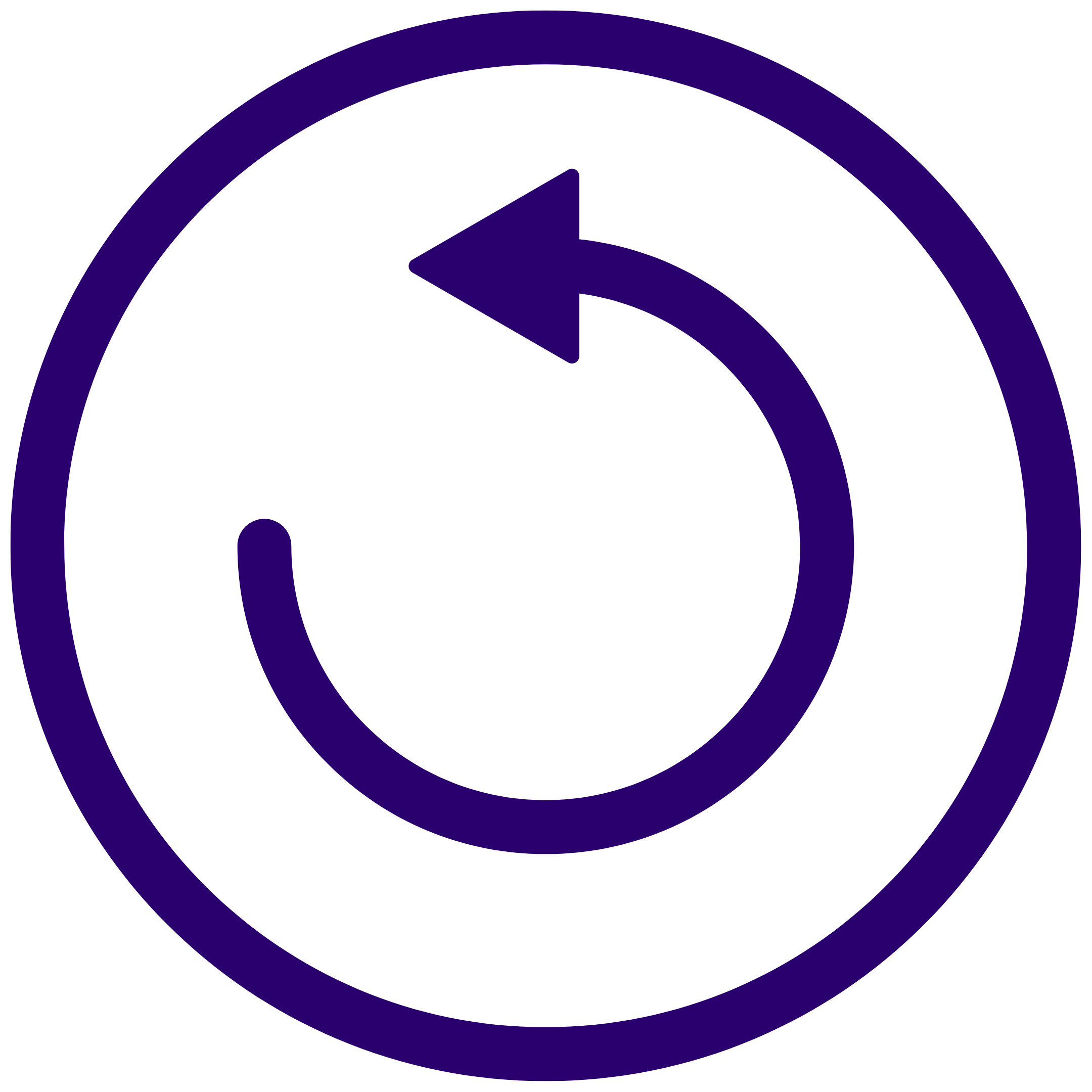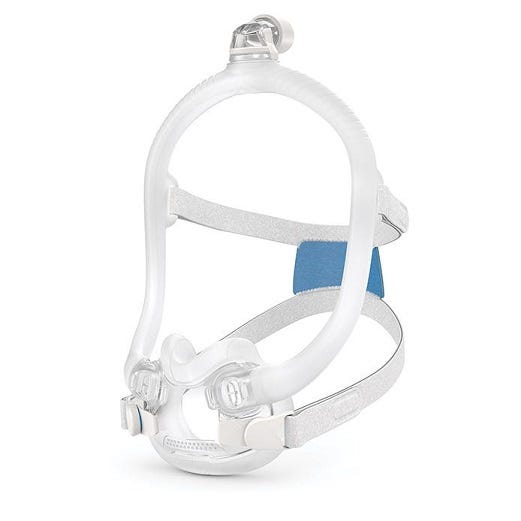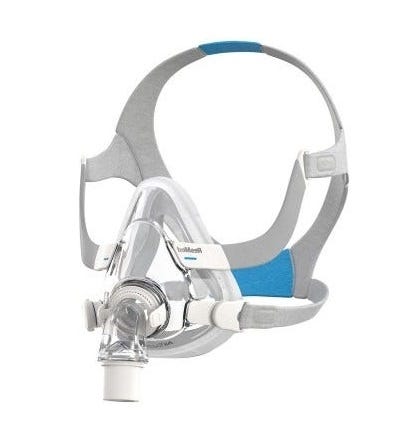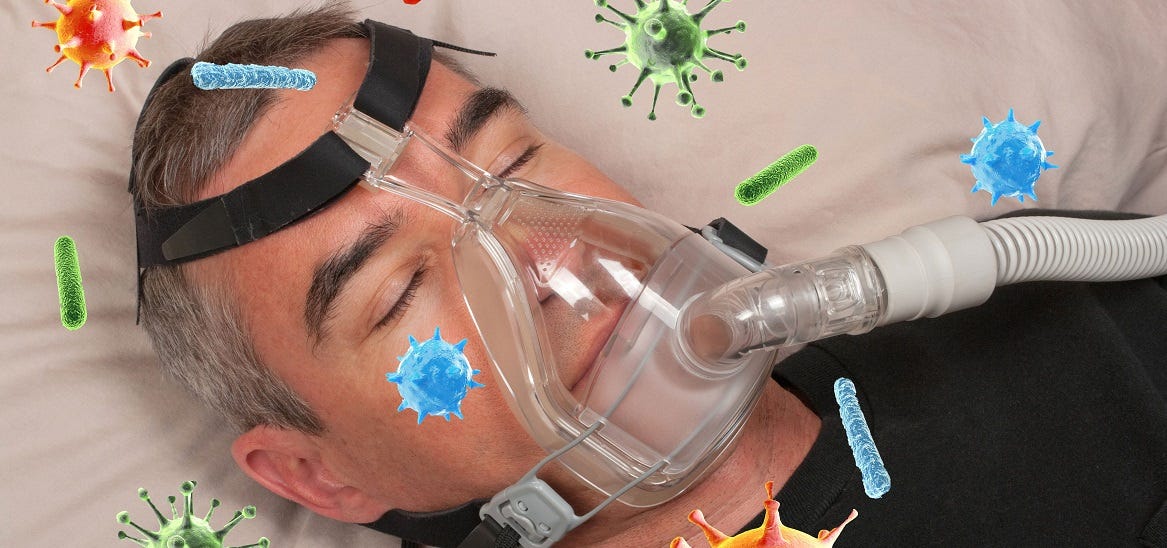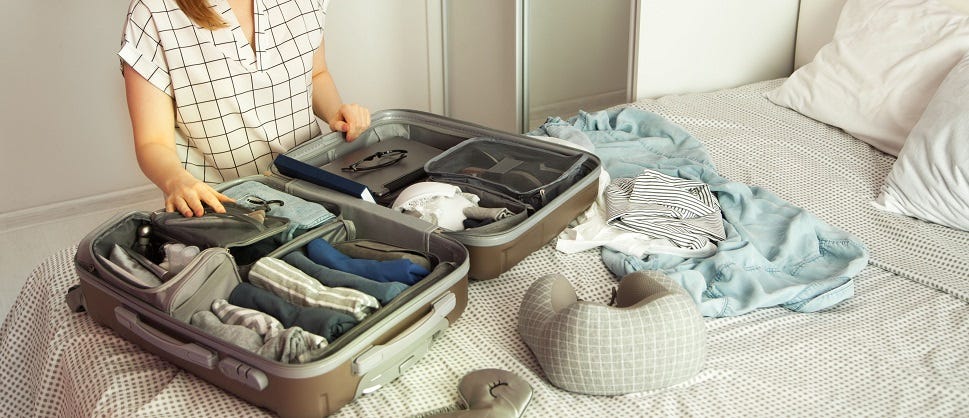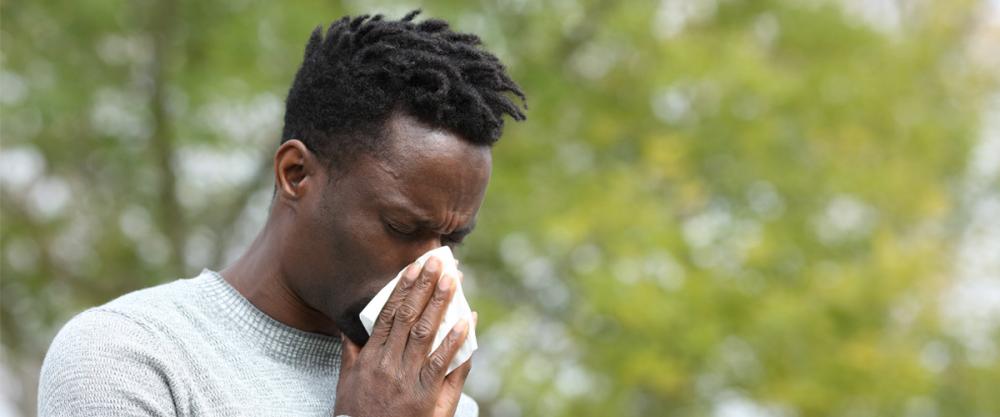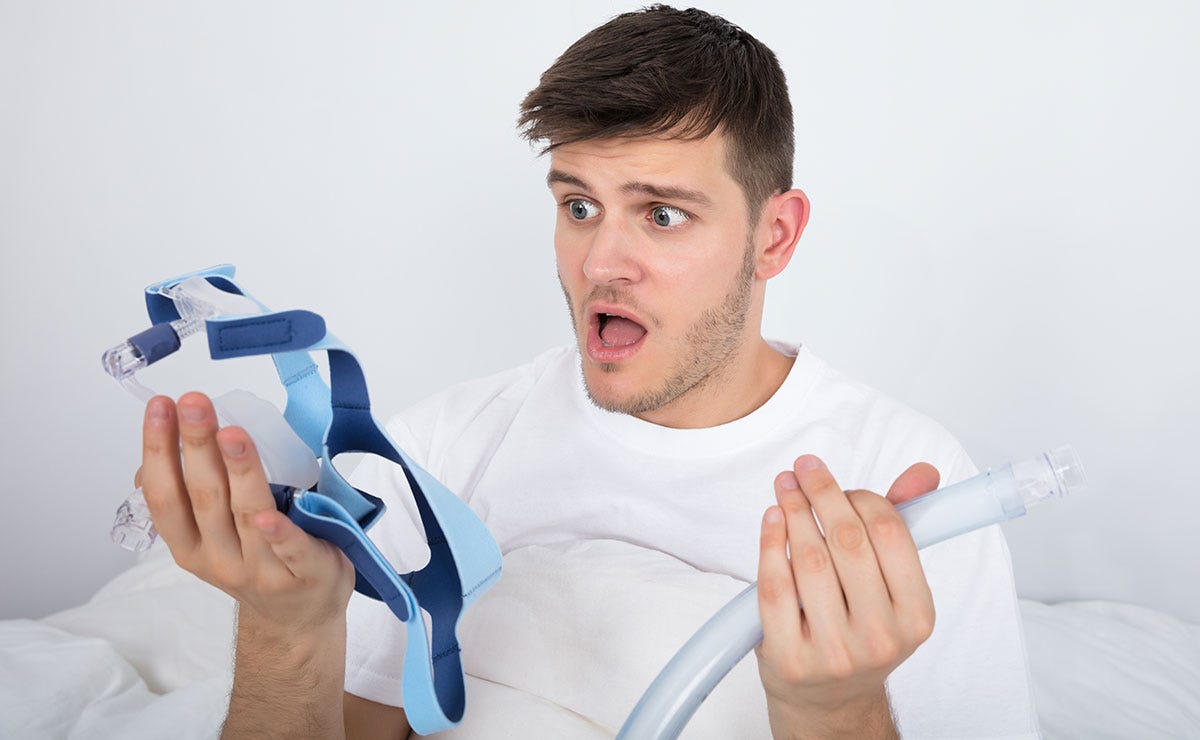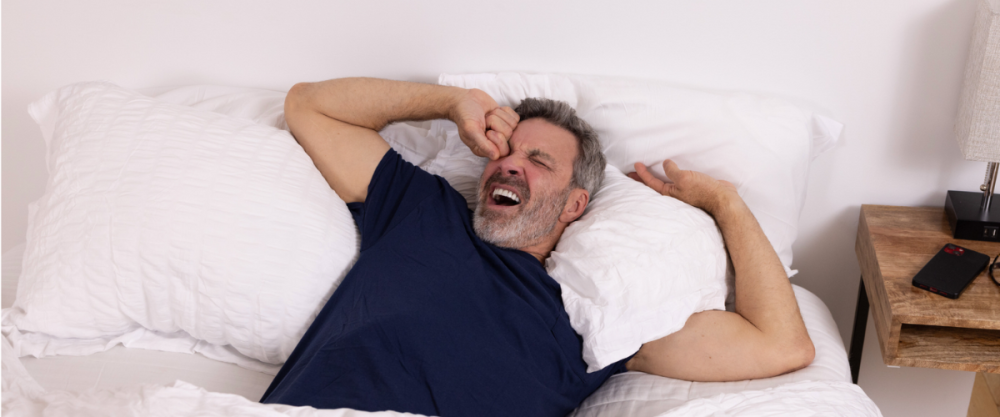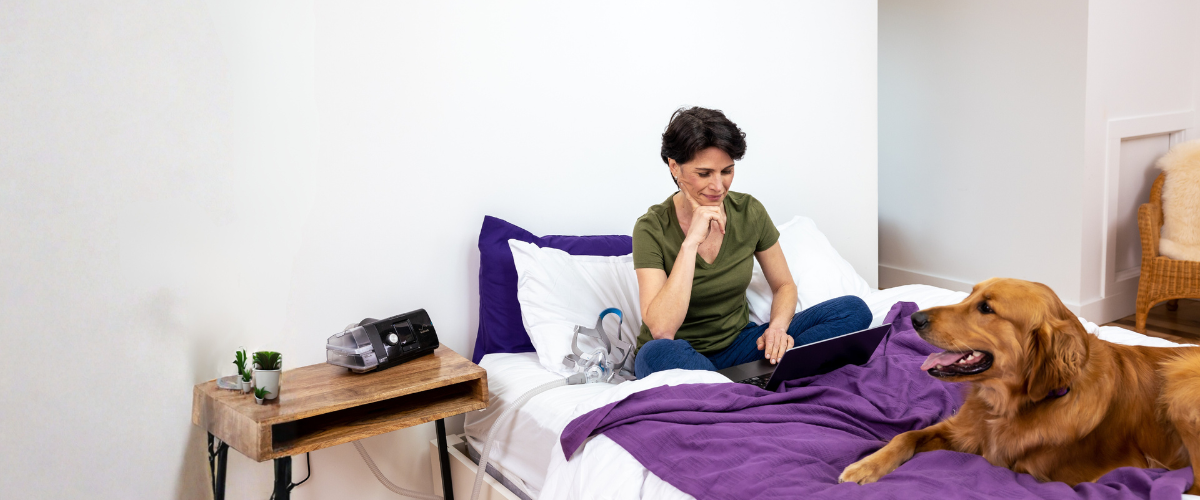Mouth breather; a condition so bad it’s become an insult. Maybe that’s because mouth breathing can cause bad breath, brain fog, and chronic fatigue? Yet if you also suffer from sleep apnea, mouth breathing can be dangerous, leading to a loss of air pressure and reducing the effectiveness of your CPAP therapy.
Luckily, for CPAP users the solution can be as simple as finding the right CPAP mask! That’s why we’ve created this two part guide: First we’ll check out our recommendations for the best CPAP mask for mouth breathers. Then we’ll also explore what causes mouth breathing, and how to stop it.
Part 1: CPAP Masks for Mouth Breathers
- What Types of CPAP Mask Are Best For Mouth Breathers?
- Can Mouth Breathers Use Nasal CPAP Masks?
- The Best CPAP Masks for Mouth Breathers
Part 2: What Is Mouth Breathing and How to Stop It
What Types of CPAP Mask Are Best For Mouth Breathers?
Most of the time a full face CPAP mask is recommended for people who breathe through their mouths, because it prevents mouth leak. Mouth leak occurs when the air pressure from your CPAP machine escapes out of your open mouth, preventing you from getting the right airflow.
Full face masks seal over your mouth and nose, allowing you the flexibility to breathe as your body allows, regardless of whether your mouth-breathing is simply habit or due to nasal obstruction.
Unless you have a permanent obstruction, such as a deviated septum, a full face mask is preferable to an oral CPAP mask because it will allow you to breathe through your nose when possible.
But that doesn’t mean full-face is your only option!
Can Mouth Breathers Use Nasal CPAP Masks?
There are many reasons why you might prefer a nasal CPAP mask, especially if you have facial hair, experience claustrophobia, or are a side sleeper. Many CPAP users who like to read or watch TV before bed prefer the wider field of vision that the convenience of a smaller mask offers.
By themselves, nasal or nasal pillow masks aren’t a good idea for mouth breathers, because you can lose air pressure as you exhale. That said, if your mouth breathing is only out of habit you can safely use these types of CPAP masks with the simple addition of a chin strap! CPAP chin straps are made of a soft, elastic material that gently keeps your mouth closed while you sleep.
However, if you breathe through your mouth because of chronic nasal congestion, or because of a permanent blockage of the nasal passages, you shouldn’t use a chin strap as it can prevent you from getting enough air.
The Best CPAP Masks for Mouth Breathers
ResMed AirFit F30i
The first thing you’ll notice about the F30i is that there’s no tube on the front. That’s because the innovative top-of-the-head connector attaches...well… at the top of the head! This makes it a great choice for active sleepers who toss and turn throughout the night, because it keeps your hose out of your face.
The air flows through the hollow frame so you won’t stop airflow even if you’re a side sleeper. And the hollow mask frame is made of a soft, flexible silicone so you don’t have to worry about red marks and skin irritation
Mask Features
- Magnetic clips let you take your mask off without losing your fit
- Doesn’t cover the bridge of your nose to ensure maximum comfort
- Great for high-pressure settings
ResMed AirTouch F20
Unlike the other masks in this guide, the AirTouch F20 features a soft memory foam cushion for a comfortable yet secure fit. The memory foam makes it ResMed’s lightest mask ever, and it cleans with a simple wipe. But it’s also compatible with the silicone InfinitySeal cushion of the ResMed AirFit F20, so you can choose what feels the most comfortable to you!
The over-the-nose design helps to provide a durable seal even at higher pressure settings, yet the slim profile provides the convenience of a wider field of view than most other full face masks.
And the whisper-quiet AirTouch F20 includes ResMed’s unique QuietAir vents which gently diffuse exhaled air, making it one of the quietest masks available!
Mask Features
- Quick-release elbow allows you to get out of bed without taking off your mask each time
- Magnetic headgear clips mean you won’t have to readjust your mask every time you take it off
- Adjustable headgear eliminates the need for forehead support
What Causes Mouth Breathing While You Sleep?
Mouth breathing during sleep may be caused either by a physical obstruction or by habit.
Physical obstruction of the nasal passages can be caused by:
- Allergies or sinus infection
- Enlarged tonsils or adenoids
- An anatomical obstruction, such as a deviated septum
Or it can sometimes simply be the result of the shape of your airways. Some people with narrow nasal passages, large soft palates, or large turbinates may be more prone to mouth breathing. This may also put them at greater risk for sleep apnea.
However, for those with obstructive sleep apnea, mouth breathing is often a learned behavior. When your airways collapse and your breathing stops, your body may compensate by opening your mouth to try to get more air. Over time this can become a habit.
Is Mouth Breathing Dangerous?
When you sleep, your mouth relies on saliva to prevent bacteria from taking hold. When you breathe through your mouth at night, it can dry up your saliva and allow bacteria to build up. Over time this can lead to periodontal disease, gingivitis, and cavities.
Mouth breathing can also reduce the oxygen saturation of your blood, increasing the likelihood of heart disease and high blood pressure. This is especially dangerous in those with sleep apnea, who are at an increased risk for cardiac failure.
Signs of Mouth Breathing
It can be difficult to recognize mouth breathing because it often occurs while you’re asleep. Like sleep apnea, it’s most often spotted due to the side effects you experience when awake.
Look for these signs that you may breathe through your mouth at night:
- Dry mouth
- Sore throat
- Bad breath
- Cracked lips
- Daytime fatigue
- Snoring
How to Stop Mouth Breathing
The solution to mouth breathing depends on the cause. If your mouth-breathing is due to a permanent nasal obstruction, your doctor may recommend surgery or steroid nasal sprays.
For those with chronic allergies or frequent sinus infections your doctor may recommend saline nasal sprays and to avoid allergens.
If you’ve started to breathe through your mouth while sleeping as a learned behavior, there are a few ways to try to break the habit. Pay attention to the following activities on a regular basis:
- Sleeping position – Sleeping on your back may help promote nasal breathing; however, it may also worsen sleep apnea. Try a different sleeping position than your usual one and see how it affects your symptoms.
- Speech – When you speak do you give yourself time to breathe? Do you take time to pause and breathe through your nose? Or is all of the breathing through your mouth?
- Eating and drinking – Do you keep your mouth open while chewing? Keeping your mouth closed will force you to breathe through your nose. Slow down and learn to breathe at the appropriate time through your nose.
- Exercising – When exercising, try and make it a habit to breathe through your nose. If you find yourself at a pace that forces you to breathe through your mouth, just slow it down a little in order to gain control of your breath flow through your nose.
Lastly, if your mouth breathing is due to obstructive sleep apnea, the best solution may simply be finding the right mask! Your personal Sleep Specialist at CPAPsupplies.com can help you choose the best CPAP mask for you, and offer tips on how to find a comfortable fit. And with our 30 Day Mask Guarantee you can try out different types of CPAP mask in confidence, knowing you can simply return it if it’s not a perfect fit. So what are you waiting for? Check out our wide selection of CPAP masks today!

